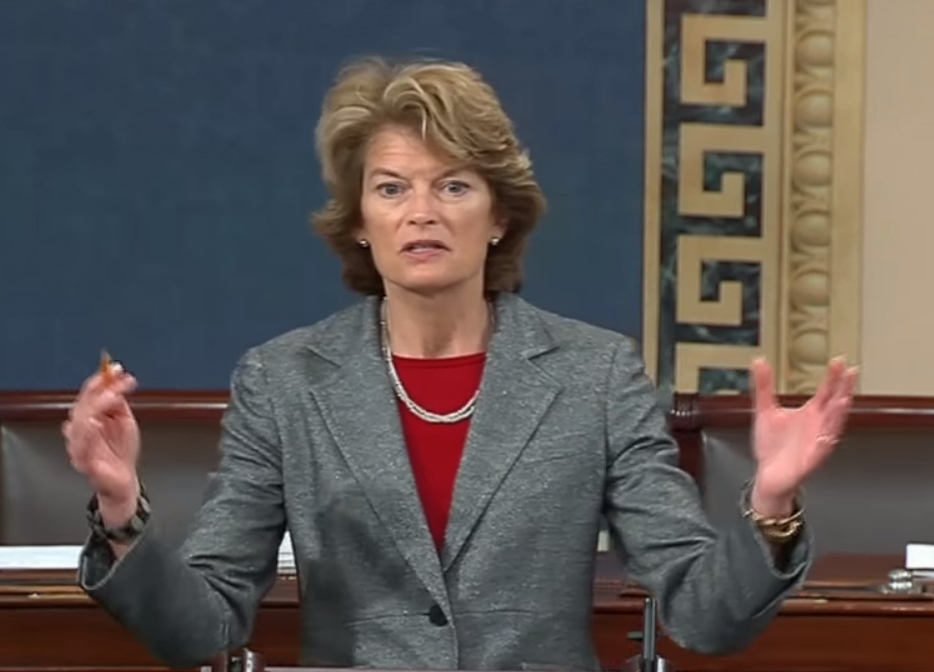 HOUSTON – (May 9, 2014) – Texas Hispanics were more than twice as likely as whites to have enrolled in health insurance plans offered through the Affordable Care Act’s Health Insurance Marketplace between September 2013 and March 2014, according to a report released today by Rice University’s Baker Institute for Public Policy and the Episcopal Health Foundation.
HOUSTON – (May 9, 2014) – Texas Hispanics were more than twice as likely as whites to have enrolled in health insurance plans offered through the Affordable Care Act’s Health Insurance Marketplace between September 2013 and March 2014, according to a report released today by Rice University’s Baker Institute for Public Policy and the Episcopal Health Foundation.
The report also found that Hispanic adults in Texas experience more difficulty in affording health services than white adults and are three times as likely to be uninsured. In addition, Hispanic respondents were more optimistic about the Affordable Care Act (ACA) than their white counterparts.
The Health Reform Monitoring Survey (HRMS)-Texas report is based on a national project that provides timely information on implementation issues under the ACA and changes in health insurance coverage and related health outcomes. The Baker Institute and the Episcopal Health Foundation are partnering to fund and report on key factors about Texans obtained from an expanded representative sample of Texas residents. Today’s report contains responses from 1,595 Texans in September 2013 and 1,538 in March 2014. White survey respondents outnumbered Hispanic respondents, with 803 and 581, respectively, in September 2013 and 732 and 595, respectively, in March 2014.
“The ability of Hispanics to obtain affordable health insurance under the ACA is important if we are to reduce the overall rate of uninsured residents in Texas,” said Vivian Ho, the chair in health economics at Rice’s Baker Institute, a professor of economics at Rice and a professor of medicine at Baylor College of Medicine. Ho co-authored the study with Elena Marks, the president and CEO of the Episcopal Health Foundation and a health policy scholar at the Baker Institute.
Hispanics make up 39 percent of the Texas population and account for a disproportionate share of the 6 million uninsured Texans. Census data from 2012 indicate that 39 percent of Texas Hispanics were uninsured, compared with 17 percent of whites and 22 percent of blacks.
“The full impact of the ACA on the Hispanic population will not be known for some time,” Marks said. “As the implementation of the act continues and a second enrollment period begins later this year, the coverage gap between Hispanic and white adults may be reduced.”
Today’s HRMS-Texas report is the fourth in a series on the implementation of the ACA in the state. The survey was developed by the Urban Institute, conducted by the company GfK and jointly funded by the Robert Wood Johnson Foundation, the Ford Foundation and the Urban Institute.






